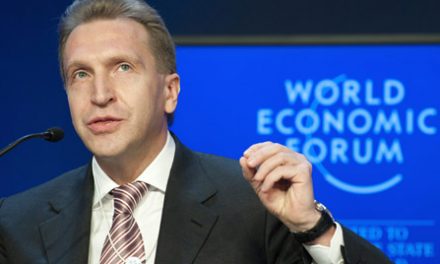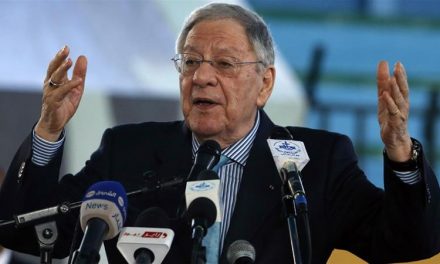In the United States, a Political Action Committee (PAC) is a private group organised to help the election of a political candidates or to advance the outcome of a particular political issue or legislation. Under the Federal Election Campaign Act (FEC), an organization becomes a “political committee” by receiving contributions or making expenditures in excess of $1,000 for the purpose of influencing a federal election.
Use of PACs (before 2010)
Prior to 2010, Federal multi-candidate PACs were limited in the amount of money they can contribute to candidate campaigns or other organizations:
- at most $5,000 per candidate per election. Elections such as primaries, general elections and special elections are counted separately,
- at most $15,000 per political party per year, and
- at most $5,000 per PAC per year.
Super PACs
The 2010 election marked the rise of a new political committee, called the “super PAC,” and officially known as “independent-expenditure only committees,” which can raise unlimited sums from corporations, unions and other groups, as well as individuals. Super PACs are not allowed to coordinate directly with candidates or political parties, but the legislation is especially easy to circumvent. In the primary season before the 2012 presidential campaign, the super PACs of Mitt Romney and Newt Gingrich (and probably those of other candidates), were controlled by former employees or associates of the candidate it supported, and each attracted money from that candidate’s associates.
Super PACs are required to disclose their donors, just like traditional PACs. However many exploit a technicality in the filing requirements in order to postpone disclosure until well after the elections they participate in.
The Colbert report, a comedy show on the U.S. based Comedy Channel, has aired several satirical sketches that illustrate the many loopholes that allow potentially corrupt practices in the use of SuperPACS.














